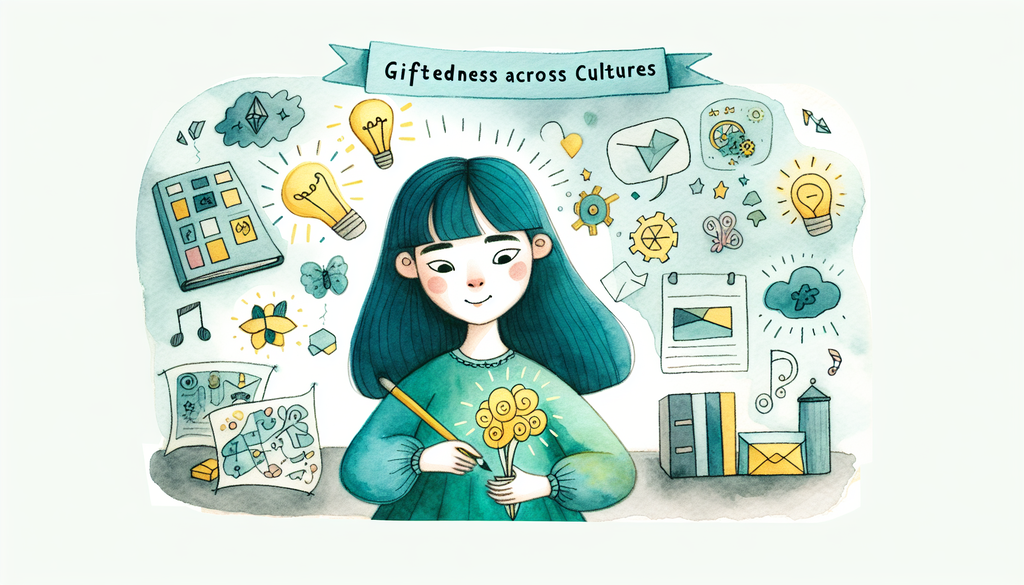Giftedness Across Cultures: Embracing Diverse Talents

In today’s complex, global society, it’s important to understand that giftedness isn’t confined to specific borders or cultures. In fact, many cultures have different definitions and concepts of giftedness that form part of their unique worldview. When we embrace these diverse perspectives, we not only expand our understanding and celebration of giftedness, but we also create a richer environment for diverse talents to flourish.
Gifted children come from all races, cultures, and socioeconomic backgrounds – it’s not a one-size-fits-all scenario. In different cultures, giftedness can mean a range of things and is often associated with various skills, such as problem-solving, creative thinking, or leadership. Let’s explore the importance of recognizing and nurturing giftedness in its many different forms.
Diverse Perspectives on Giftedness
Different cultures have diverse perceptions and expectations when it comes to intellectual abilities and giftedness. Some value academic excellence, while others may prioritize creative or leadership abilities. By understanding these cultural nuances, parents, educators, and mentors can provide far more effective support to gifted children. To better comprehend this diversity, look into our post on Understanding Twice-Exceptionality: A Parent’s Guide which deals with children who are gifted and face learning challenges.
The Importance of Broadening Our Understanding
Our world’s increasingly multicultural character underscores the urgency to broaden our understanding of giftedness. By doing so, we empower different forms of intelligence and skills, paving the way towards an inclusive society that appreciates and nurtures the unique potentials of all children. We invite you to read our post on Beyond Accommodations: Advocacy for Inclusive Education to learn about genuinely inclusive practices.
Fostering a Culturally Responsive Environment for Gifted Children
Actionable steps towards a culturally responsive environment for gifted children need to be taken. Institutions, as well as caregivers, should:
- Learn about different cultural perceptions related to giftedness.
- Provide resources in various languages to cater to gifted students from diverse linguistic backgrounds.
- Encourage discussions on cultural diversity and inclusiveness among students.
To better support your children’s multicultural development, read our post on The Benefits of Bilingualism in Gifted Children.
Conclusion
By embracing a broad perspective on giftedness, we foster an inclusive environment where children with diverse talents can thrive. Diversity brings about a rich blend of thoughts, ideas, and perspectives that can greatly contribute to our global society. As we strive to understand and support gifted children, we ensure a brighter and more innovative future.
For more insight into the journeys of parents navigating the terrain of giftedness and twice-exceptionality, kind reading our post A Mother’s Journey: Raising a 2e Child. For coping mechanisms for common concerns among gifted children, delve into our post on Giftedness and Anxiety: Coping Mechanisms for Parents and Children which provides strategies for both parents and children.